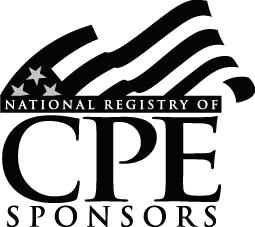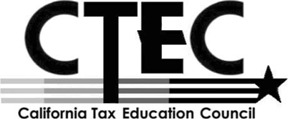
Subpart F, CFCs, PFICs & GILTI
- Registration Closed
Subpart F has been the backbone of United States international tax law since its enactment in 1962 and remains so today even after the changes provided by the Tax Cuts and Jobs Act. Subpart F was originally designed to combat deferral and the movement of operations abroad to low-tax and zero-tax jurisdictions. Subpart F, the CFC rules, GILTI, and PFICs are all responses to the challenges posed by globalization and the free movement of capital. Planning around and legally avoiding Subpart F income inclusions is a fundamental part of international tax planning for any United States corporation with significant international subsidiaries and operations. The CFC rules remain as a core backstop to prevent excessive tax deferral and tax avoidance. The new GILTI provisions provide both a residual backstop and are an attempt to level the playing field and encourage the location of jobs (and intellectual property) in the United States. The PFIC rules remain as a trap for the unwary.
Learning Objectives:
After completing this course, an attendee will be able to:
- Describe and classify an entity as a CFC.
- Analyze transactions to determine whether the transaction produces foreign base company income.
- Describe the components of GILTI.
- Identify and apply the test for classifying an entity as a PFIC.
- Describe the inclusion mechanisms for U.S. shareholders of a PFIC
CPE Credit: 2 hours Federal Tax Law
Speaker: Jonathan Grossberg, J.D., LL.M.
NSA Webinar Program Level: Basic Prerequisites: None Advance Preparation: None Delivery Method: Group-Internet Based
No refunds or exchanges for cancellations. For more information regarding refund, complaint and/or program cancellation policies, please contact NSA toll-free at 800-966-6679.

NSA is approved by NASBA, the IRS, ACAT, and CTEC as a provider of continuing professional education.
Jonathan Grossberg
Jonathan D. Grossberg, J.D., LL.M. (Taxation) of Wynnewood, Pennsylvania is founder and owner of Grossberg Continuing Education, assistant editor of National Income Tax Workbook published by the Land Grant University Tax Education Foundation, Inc., adjunct professor of Law at Temple University Beasley School of Law, and adjunct professor of Business Law at Rowan University Rohrer College of Business. He is a licensed attorney in Pennsylvania and New York. Until August 2020, Jonathan was assistant professor of Taxation at Robert Morris University (RMU) School of Business in Moon Township, PA.
Jonathan has taught a wide variety of tax courses to undergraduate, graduate, and law students, including federal income taxation, taxation of business entities, advanced income taxation, tax research, corporate tax, and international tax. He has written articles for academic and practitioner publications and made CLE/CPE presentations to lawyers and accountants on a variety of topics including international tax, tax and business ethics, judicial doctrines in tax law, partnership tax, tax issues facing small businesses, and universal basic income.




